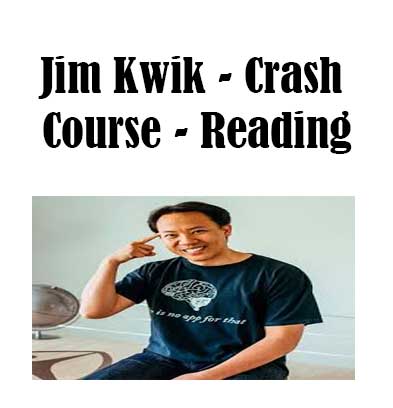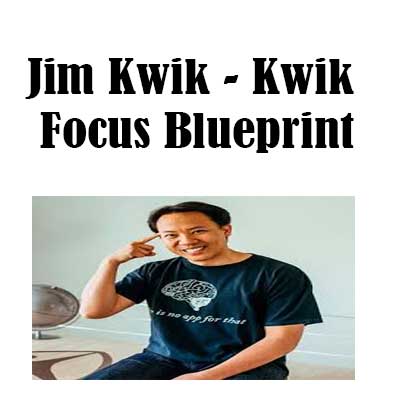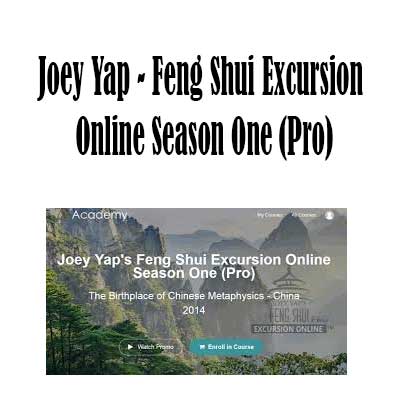Swami Swatmananda – An Introduction to Hinduism: Fundamental Teachings of Dharma – Collection
Description
Swami Swatmananda – An Introduction to Hinduism: Fundamental Teachings of Dharma – Collection review, Swami Swatmananda – An Introduction to Hinduism: Fundamental Teachings of Dharma – Collection download, Swami Swatmananda – An Introduction to Hinduism: Fundamental Teachings of Dharma – Collection free
Swami Swatmananda – An Introduction to Hinduism: Fundamental Teachings of Dharma – Collection
About
While many of the world’s most ancient cultures can only be observed in museums, Hindu Dharma is still very much alive today. Currently, it is practiced by over 1.2 billion people across the globe. What allows this culture to continue to thrive in spite of centuries of both invasions from outside Bhaarat (India) and attacks from within?
In this course, we will explore four main aspects of this ancient culture:
Glorious Roots: The Vedas
Grounding in Dharma (or Values)
A Guide to Karma
Gaining Moksha
Acquiring a deeper understanding of these four aspects will empower our individual lives. It will pave the way for a more holistic world view, enable us to live with respect for each other, and even help us live in greater balance with our environment.
As spiritual seekers, the foundations of Hindu Dharma will enhance and enrich our spiritual practices and provide us with more clarity about the goal of life and the means to achieve it. The beauty of these principles is that they are universal – everyone can learn, apply and transform themselves through this knowledge, irrespective of their background. Each module will combine a philosophical concept with a practical technique that anyone can learn to apply in their everyday life.
Module 1: Glorious Roots – Vedas
Vedas are the foundation of Hindu Dharma. The civilization that grew on the banks of the Saraswati river was called the Vedic Civilization or Saraswati Sindhu Civilization. It is the world’s most ancient living civilization today. It is a very environment-friendly, loving, accommodative, and divine culture. We will explore the following in this module: What are the Vedas? How many Vedas are there? What are the 14 abodes of knowledge in Hindu Dharma? What are the characteristics of the Vedas? How is each Veda divided? What is the purpose and purport of the Vedas? In the modern age, are the Vedas relevant? Technique for application: Connection of the Vedic Mantras with sound and its ability to impact our entire personality by the right pronunciation.
Module 2: Grounding in Dharma
Conflict in relationships, stress, worries, depression, inefficiency at work, challenges in teamwork, corruption in society, mental health challenges, environmental issues, and much more that we are facing today are due to erosion of value-based living or Dharmic Life. Let us understand, what is Dharma? What is a Dharmic life? Why are values important? What are the different types of Dharma? Is there anything called right and wrong? Or is everything justified from the individual’s standpoint? What are the core values of Hindu Dharma? How can these values transform our lives, empower our minds and make this world a better place to live? Why should I follow values when others may not follow them? Technique for application: Methods to apply the core values of Hindu Dharma
Module 3: Guide to Karma & Rebirth
“Action or Karma is the signature of life,” said Swami Chinmayananda. We cannot live a moment without doing an action. But what is action or Karma? Are our thoughts, feelings, desires also actions? What is good karma & bad karma? How do we ensure that we stick to good karma? How do we overcome bad karma? Does karma apply only to Hindus or to everyone? What is meant by Karmic baggage? Is rebirth real or just an imaginary concept? Many believe in YOLO (“You Only Live Once”); we will explore the topic of Karma & rebirth and how it impacts our lives. Karma is one of the core concepts of Hindu Dharma and understanding it will help us improve our lives and gain a deeper clarity of Hindu Dharma. Technique for application: Methods to increase good karma & overcome bad karma.
Module 4: Getting Mokṣa
Everyone apparently is seeking different things but Vedānta says that we want to achieve only two objectives in and through all that we do or avoid. Permanent Happiness and Complete cessation of sorrow are the two motives behind all our actions. Many people use words like liberation, Mokṣa, freedom, etc. for this. Let us investigate, what is Mokṣa? Is it one for everyone or are there different levels of Mokṣa? What is ultimate freedom? Is mokṣa a form of escapism, pessimism, or complete indifference to one’s duties? Why should anyone seek Mokṣa? Is it not selfish to seek one’s own Mokṣa or liberation? How does one attain Mokṣa? What would happen to the world if everyone sought Mokṣa? What happens after Mokṣa? Technique for application: Methods to attain ultimate Mokṣa.
Participants in this course will learn:
the goal of life and means to achieve it
the importance of the Vedas, Vedic mantras & chanting
fundamentals of value-based living
Karma, “good” vs. “bad” Karma & how to escape Karmic bondage
about reincarnation and its impact on the individual and society
mokṣa, its levels, and methods to attain mokṣa
the principles to help build a deeper understanding of Hindu Dharma
Author
Swami Swatmananda
Swami Swatmananda serves at Chinmaya Mission Mumbai after completing the Vedanta Course at Sandeepany Sadhanalaya, Mumbai. He expounds the philosophy of Advaita through talks, camps, meditation retreats, etc. on the Bhagavad Gītā, Upaniṣads, Rāmāyana, Śrīmad Bhāgavata, etc. He uses theatre, plays, treks, outdoor experiential learning, and music to inspire youth. He also serves the Youth Empowerment Programme(YEP) a value-based leadership program for youth who want to serve the Nation & Culture. Swami Swatmananda created Chinmaya Pradeep, a one-of-a-kind outdoor Vedantic Vision Park in Mumbai. He has written and directed two theatrical performances. “Adrshya – Quest for the Unseen” based on Saraswati Civilization & Developed India and a play based on the Bhagavad Gītā titled – “Just Like That.”
Our Policies
A. Product Quality
We will provide GOOD quality of courses fast. If any issue, email: [email protected].
We sure that your problem will be support as soon as possible.
B. Digital Shipping Proceess
After your payment, we will review your payment, Then, we will send you PCLOUD LINK OF COURSES through email in 3 – 8 hours. If any issue, we will inform you as soon as possible.









Reviews
There are no reviews yet.